|
During this last year my dog, Bella and I did something that I did not think was possible. We happily and calmly walked within 20 feet or so of half a dozen unfamiliar dogs and their people. I was in awe. There was not so much as a peep (or dare I say growl) out of Bella. This may seem small or trite to some, but to me it was thrilling. If any of you have a reactive dog you probably understand, for the rest of you, let me give you some background. When I say reactive I mean that when on leash and within close proximity to other dogs lunging, snarling and biting at whatever is around including the leash and/or human body parts. My husband and I adopted Bella from our local shelter 8 years ago. She did not always exhibit this kind of behavior, however in hindsight, signs of anxiety were present. In fact, the first months with her were uneventful, but soon after she began showing signs of anxiety and mild aggression then, soon after that we had our first “incident”. I bent over to pet her and she growled, snapped and lunged at me. I was shocked, and scared. I never expected this to happen to me. Within a year or so of that she also began to be reactive to other dogs while on leash. We tried many things to curb this behavior including positive reinforcement, and using mild aversive techniques with little success. So how did we get from snarling and biting to calm well-mannered behavior? Well, I’ll tell you it was a lot of work, but I implemented a program to manage and to change her behavior (and mine). If you have ever tried to change your own behavior say starting an exercise program or to quit smoking you know what I am talking about. Behavior change requires focus on the unwanted behaviors, and the practice new of behaviors on daily basis. Along with lots of practice change requires persistence as well as a healthy dose of patience. The first step of the process for me was to understand the "how" and "why of canine behavior including how they communicate and how they learn. Then, I had to understand what was triggering her unwanted behavior. After doing my homework I was ready to implement training to work effectively to change her response to people and dogs. The next step was to work on basic obedience, as well as to develop and implement a behavior modification plan. The knowledge I gained and techniques I learned over the years have not only changed her behavior, but have change mine. I use positive reinforcement in my daily practice. I focus on rewarding the behavior what I want, not to punish for what I don’t. Through all of the learning and training I have learned to trust Bella (and she has learned to trust me) and mend our broken relationship. I now see Bella in a new way. I see what is good and how fabulous she is rather than this “demon” dog of old. Although I know that the negative tendencies can reoccur, I am empowered because I know how to manage some and change others. For dog owners with aggressive or reactive dogs—There is hope. You can build trust and share a happy life with your dog. Tips for Success What you can do:
Resources
0 Comments
|
Debbie Lewis, MSI educate and support people as they deepen their understanding of their pet's behavior to create happy, healthy pet-people relationships. Topics
All
Archives
April 2024
|
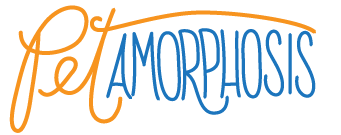

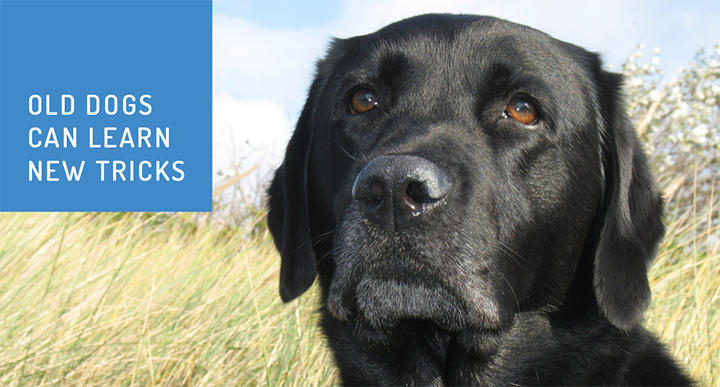


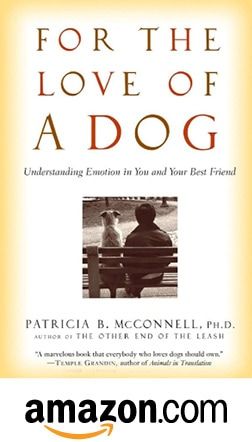
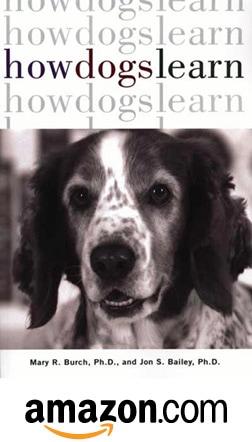
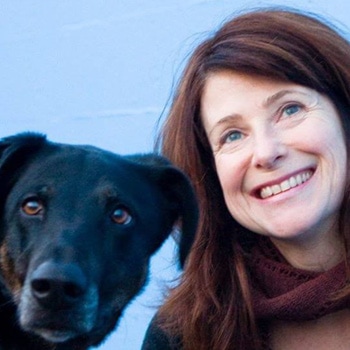
 RSS Feed
RSS Feed


